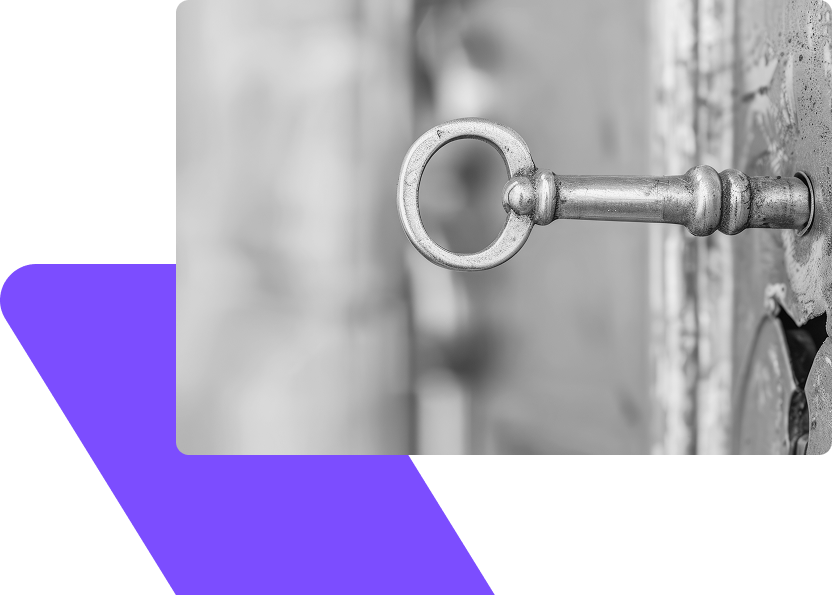When it comes to investing in private markets, the importance of due diligence cannot be overstated. Whether you’re looking at private equity, private credit, or any other form of alternative investment, performing thorough due diligence is essential for protecting your capital and ensuring that you’re making sound investment decisions. But what exactly does due diligence entail, and how can it help safeguard your financial future?
What is Due Diligence?

Due diligence refers to the process of investigating and evaluating an investment opportunity to ensure that it meets certain standards of quality, risk, and potential return. This process is a critical step in the investment cycle, as it provides investors with a deeper understanding of the business, its financial health, its risks, and its long-term viability.
In the context of private market investments, due diligence involves researching a wide array of factors, from financial statements and business models to market conditions and legal matters. The goal is to identify any potential red flags and make informed decisions that minimise risk while maximising return.
Why is Due Diligence Crucial in Private Market Investments?
Private market investments, such as private equity and private credit, are inherently more complex and less liquid than traditional public market investments. As such, they carry a higher degree of risk. Without proper due diligence, investors could find themselves exposed to significant losses or unforeseen liabilities. Here’s why due diligence is crucial in the private market space:
1. Identifying Risks
One of the primary functions of due diligence is to identify potential risks associated with an investment. Whether it’s operational risk, financial risk, or market risk, due diligence helps uncover areas where a business or investment might be vulnerable. By carefully reviewing the investment opportunity, investors can assess the likelihood of these risks materialising and take steps to mitigate them.
For example, in a private equity deal, due diligence would involve analysing the company’s financials, management team, business model, and competitive landscape. It might also include assessing the broader market conditions in which the company operates to understand external risks that could impact performance.
2. Understanding the Business
Due diligence also gives investors the opportunity to gain a deep understanding of the business or asset in question. This involves more than just reading financial statements; it includes evaluating the company’s management, culture, strategic goals, and long-term potential. A business might appear financially sound on paper, but if it lacks effective leadership or has an unsustainable business model, it could present hidden risks.
For instance, if a private equity investor is considering a technology company, due diligence would include understanding the company’s competitive positioning, its growth potential in the market, and its intellectual property. These are all critical factors that will determine the company’s ability to generate returns for investors.
3. Verifying Financial Health
A critical part of the due diligence process is verifying the financial health of the company or asset you’re investing in. This includes reviewing financial statements, profit and loss statements, and cash flow projections to ensure that the business is financially sound.
Due diligence should also include a close examination of any debts or liabilities the company may have. In private equity or private credit investments, understanding a company’s debt structure is key to assessing the risk of the investment. A business that is heavily indebted may face difficulties in servicing its debt, which could result in lower returns or even losses for investors.
4. Legal and Regulatory Compliance

Private market investments are also subject to various legal and regulatory requirements. Due diligence ensures that the business or asset complies with all relevant laws and regulations. This is especially important in industries such as real estate, healthcare, and finance, where legal complexities and regulatory risks can significantly affect the investment’s potential.
For instance, if you’re investing in real estate, due diligence would include reviewing property titles, zoning regulations, and environmental risks. Similarly, for private credit investments, it’s important to verify that the loan terms are enforceable and compliant with local laws.
How WIUS Capital Ensures Comprehensive Due Diligence

At WIUS Capital, we take due diligence seriously. Our team follows a rigorous, multi-step process to ensure that every investment opportunity is thoroughly vetted before it reaches our investors. This process includes:
1. Financial Review: We carefully analyse financial statements, cash flow projections, and balance sheets to assess the financial health of the business or asset.
2. Management and Operational Assessment: We evaluate the experience and track record of the management team, as well as the operational efficiency of the business.
3. Market and Industry Research: Our team conducts in-depth research into the market and industry to understand the competitive landscape and assess the growth potential of the investment.
4. Legal and Compliance Review: We ensure that all legal and regulatory requirements are met, and that there are no hidden legal risks or liabilities.
5. Risk Assessment: We identify potential risks and develop strategies to mitigate them, ensuring that your investment is positioned for success.
This thorough due diligence process helps us identify the best investment opportunities and protects our investors from unnecessary risks.
The Benefits of Due Diligence for Investors
Investors who conduct proper due diligence can benefit from a variety of advantages:
1. Risk Mitigation: By identifying risks early, you can take proactive steps to mitigate them, protecting your capital.
2. Better Investment Decisions: With a thorough understanding of the investment, you can make informed decisions that align with your financial goals and risk tolerance.
3. Increased Confidence: Knowing that your investment has been thoroughly vetted by experts increases your confidence in the opportunity.
4. Maximised Returns: By carefully assessing the potential for growth, you can focus on investments that offer the best return potential.
Conclusion
Due diligence is an essential part of the investment process, particularly when it comes to private market investments. By thoroughly investigating an opportunity, investors can identify risks, understand the business, verify financial health, and ensure legal compliance—all of which contribute to making sound, informed investment decisions.
At WIUS Capital, we are committed to providing our investors with the highest level of due diligence. Our team’s expertise ensures that each investment opportunity is carefully vetted and positioned to deliver the best possible returns while minimising risk.
If you’re ready to explore private market investments and would like to learn more about how due diligence can help protect your capital, contact us today. Our team is here to guide you every step of the way.
Disclaimer
This content is for general information only and does not constitute investment advice or a recommendation. All investments involve risk, and your capital is at risk. Opportunities discussed are intended for professional, high net worth, sophisticated and institutional investors only. Private market investments can be illiquid and complex, and you could lose all invested capital.
Written by Mark Boyes
Co-Founder, WIUS Capital
With over 15 years of experience in international financial services, Mark has managed and advised on assets exceeding $100 million across five continents. He has held directorships at two leading international financial advisory firms and built a strong reputation for delivering results in competitive markets. At WIUS Capital, Mark focuses on structuring litigation-backed and asset-secured private credit opportunities for professional investors worldwide, alongside advising private companies on capital raising and sustainable growth. Known for his transparency and strategic mindset, he is committed to helping investors and businesses secure long-term results.
Meet the Founders https://wiuscapital.com/meet-the-founders/
LinkedIn https://www.linkedin.com/in/boyesmark/




